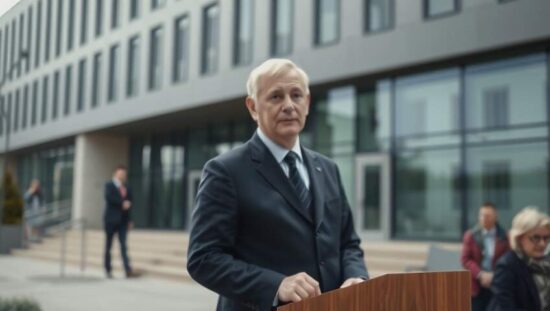A leading voice from Germany’s conservative bloc has cautioned against abrupt changes to heating system subsidies, while simultaneously suggesting potential pathways for a more targeted and sustainable approach to financial incentives. Andreas Lenz, energy policy spokesperson for the CDU/CSU parliamentary group, emphasized the need for continued encouragement of heating system replacements and building energy renovations, warning that instability in the support structures could create market uncertainty.
Lenz indicated a belief that the existing funding model could be refined for greater efficiency, potentially including a gradual reduction in incentives over time. The comments follow remarks from CSU leader Markus Söder, who on Sunday suggested scaling back support for heat pumps by at least 50%, citing concerns that current subsidy levels have contributed to higher prices in Germany compared to other nations.
It is important to note that financial support extends beyond heat pumps to encompass a variety of heating technologies. Lenz proposed a tiered system, suggesting that higher-income households could transition from direct grants to tax deductions for heating system upgrades. This shift, he argues, would also reduce the overall cost of the incentive program. The suggestions represent an attempt to balance the aims of climate-friendly heating technologies with fiscal responsibility and market stability.





